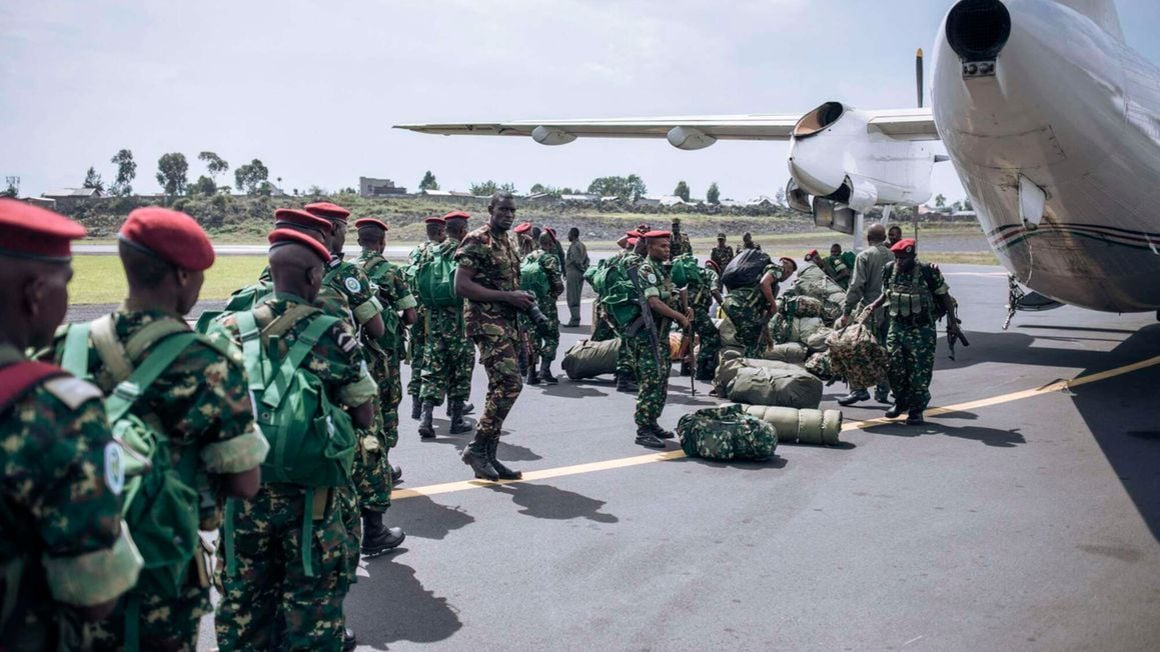Nearly 1,000 Burundian soldiers have left the Democratic Republic of Congo as part of a phased withdrawal by a regional force after Kinshasa refused to extend its mandate, the Burundian military said on Monday.
The seven-nation East African Community (EAC) first deployed troops in the violence-plagued east of the DR Congo in November 2022, at the invitation of the country’s authorities, to free areas taken by the resurgent M23 rebel group.
But the future of the deployment was thrown into doubt after President Felix Tshisekedi and local residents accused the multinational force of cohabiting with the rebels rather than forcing them to lay down arms.
The Burundian battalion’s departure follows the withdrawal of nearly 250 South Sudanese soldiers and 300 Kenyan troops, after the force’s mandate expired on Friday.
“All the soldiers of this battalion arrived safely in Burundi” on Sunday, Burundian army spokesman Colonel Floribert Biyereke said.
According to a senior officer in the Burundian army, who requested anonymity, the troops started leaving the DRC on Friday, travelling on military trucks which passed through neighbouring Rwanda before arriving in Burundi.
In addition to Kenyan, South Sudanese and Burundian troops, the EAC force comprises Ugandan soldiers, who are expected to leave in the coming weeks.
The Burundian army spokesman declined to comment on Burundian battalions that are still operating in the eastern DRC under bilateral agreements with Kinshasa.
The DRC government has also assented to the presence of Ugandan troops in the country to pursue militants from the Allied Democratic Forces (ADF).
The ADF is historically a Ugandan rebel coalition. It gained a foothold in Eastern DR Congo in the 1990s and is linked to the Islamic State group.
While most of the DRC has returned to relative stability after two major regional wars in the 1990s and 2000s, militias and rebel groups roam much of the country’s east, which borders Uganda, Rwanda and Burundi.
The DRC and several Western nations, including the United States, say the M23 rebels are backed by Rwanda, although Kigali denies this.
Tshisekedi, who took office in 2019 after a disputed election, is running for a second term in elections scheduled for December 20.
He has pledged to improve the lives of the poor, fight corruption and pacify the conflict-torn east.
Due to the M23 rebellion, voting will not take place in two territories in North Kivu.

